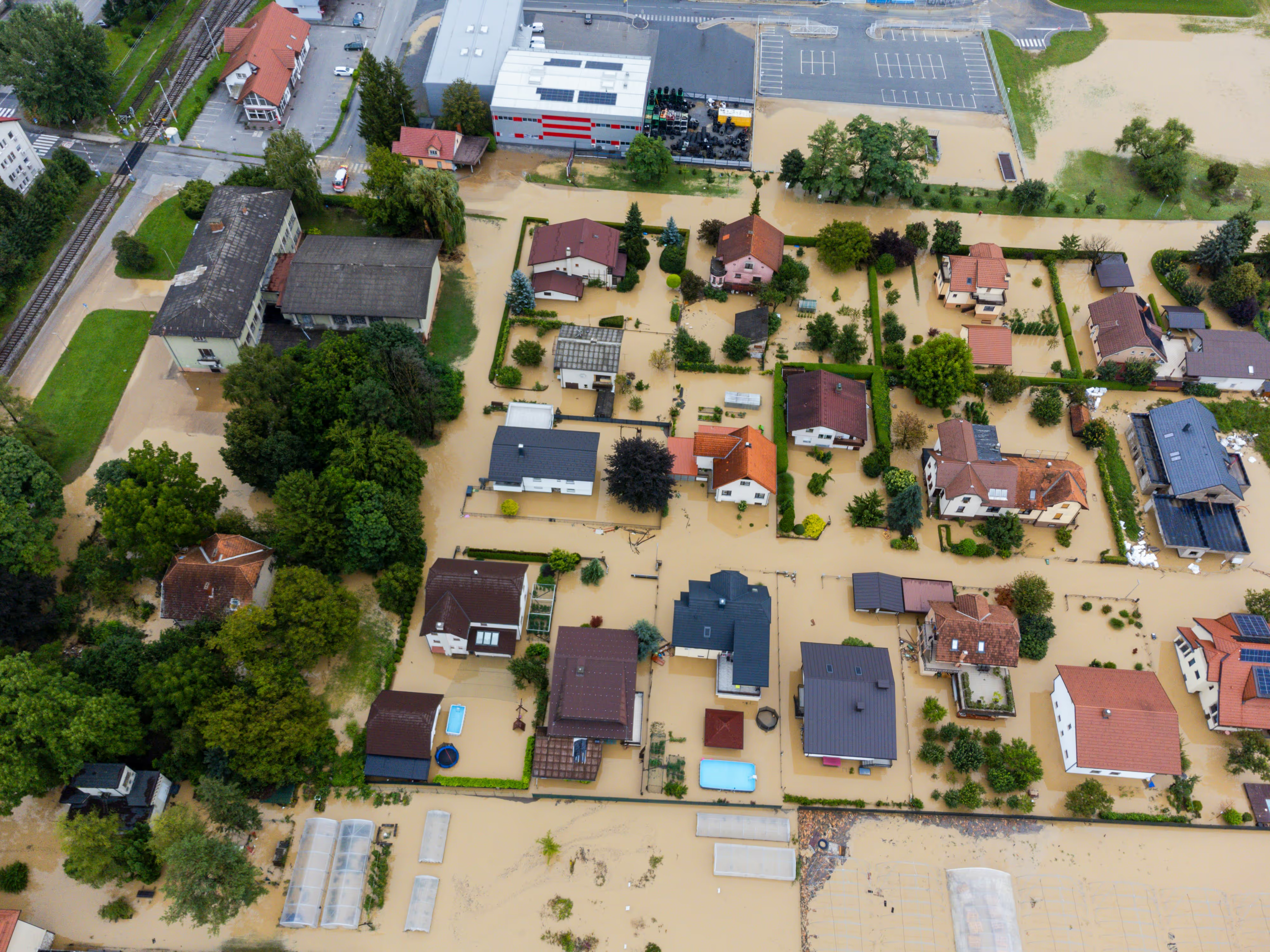Program Overview
As the COVID-19 pandemic exacerbated Colorado’s child care crisis, many families turned to license-exempt Family, Friend, and Neighbor (FFN) caregivers-grandparents, aunts, neighbors, and community members-who stepped in to provide trusted, flexible care when formal child care options were inaccessible or unaffordable.
Recognizing that these caregivers were excluded from most relief efforts, Mile High United Way (MHUW) launched a direct cash assistance program to support FFN providers experiencing economic hardship. Partnering with AidKit, MHUW designed an inclusive, culturally responsive program that provided one-time grants of $2,000–$2,500 to informal caregivers in the Denver metro area.
Partnership Wins: How AidKit Helped MHUW Support Informal Child Care Providers
1. Equitable Outreach to an Invisible Workforce
One of the biggest challenges was identifying eligible informal caregivers. These providers often work outside formal systems, and many were understandably wary of sharing personal information. AidKit trained nine community-based outreach organizations to refer applicants and support enrollment in multiple languages. This helped establish trust and reach a diverse group of caregivers.
“We realized there was no path for unlicensed providers to get support. So, logistically, how do you get funding into the pockets of these caregivers that were being left out of pandemic relief?”
- Molly Yost, Senior Director, United for Families, Mile High United Way
2. A Customized Application That Lowered Barriers
AidKit and MHUW co-designed a mobile-friendly application process that prioritized ease of use and upheld program integrity. The platform offered multilingual access and flexible payment options for both banked and unbanked recipients. AidKit and MHUW trained screeners to refer applicants and answer questions in a culturally responsive way.
“What I appreciated about AidKit is that it’s not one-size-fits-all. It’s really customized to what we wanted to achieve, and they designed the process to help us get there. For example, we really felt that we needed to offer the screener training in Spanish, and they adapted to help us offer that.”
- Molly Yost
3. Actionable Insights from Data to Better Serve Caregivers
AidKit’s technology platform enabled MHUW to track data and generate insights. The team learned that, on average, FFN caregivers spent $318 per month on cleaning supplies to keep children safe. That data helped MHUW advocate for additional resources to offset those previously hidden costs and demonstrate the program’s impact to funders.
“It’s a hard line to balance-serving folks who’ve been forced into the shadows while also meeting the requirements of federal CARES Act reporting requirements. It was also illuminating for our government partners-it shed light on what it takes to lead a relief effort with equity at the forefront.”
- Molly Yost
The Bigger Picture
Family, Friend, and Neighbor (FFN) caregivers are a critical part of Colorado’s early childhood care system. As the pandemic revealed gaps in the formal child care infrastructure, programs like MHUW’s FFN initiative helped fill those gaps by offering practical and compassionate support.
“This really opened doors for us to new communities. We’ve wanted to do more outreach into the FFN community-and this helped us get there.”
- Molly Yost
“The state must recognize the essential role of all child care providers-including the vast informal network that serves families every day-and develop new strategies to support them.”
-Christine Benero, MHUW President and CEO, and Ryan Beiser, Colorado Regional President of PNC Bank and MHUW Trustee, Colorado Sun Opinion Piece (April 24, 2021).
Program Impact
The FFN Cash Assistance Program demonstrated that delivering aid quickly and respectfully to caregivers who are too often left out of traditional systems is possible.
- 389 FFN caregivers across eight counties received direct cash relief ($900,000 across three rounds of funding).
- Participants used funds to cover rent, food, cleaning supplies, and other essential expenses.
- 81% of caregivers surveyed were struggling to cover household expenses prior to support-but increased economic stability led some caregivers to return to or expand caregiving services.
- Trusted outreach partners and tailored applications ensured access for caregivers, including immigrants and those without banking access.
- Insights from the program informed later funding rounds and broader advocacy efforts.
“Such a great partnership-and now it’s leading to bigger and better things than I could have ever dreamt of.
At the end of the day, we achieved that goal-of providing relief with dignity.”
- Molly Yost
As more states and communities look to strengthen their child care systems, the FFN Cash Assistance Program offers a replicable blueprint for how communities can reach informal caregivers with dignity, efficiency, and trust. It demonstrates that relief efforts can be both effective and human-centered-offering real value to families and caregivers alike.
[[cta_component]]

.avif)






